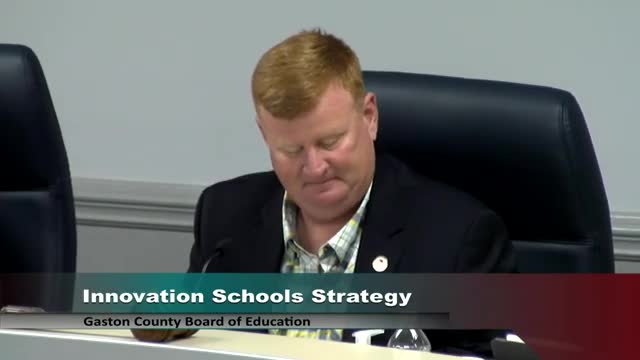Article not found
This article is no longer available. But don't worry—we've gathered other articles that discuss the same topic.
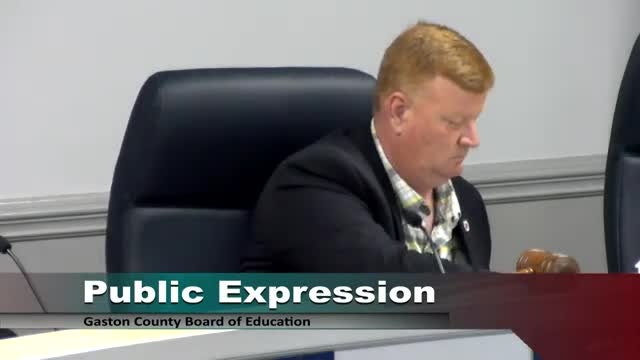
Parent urges review of bullying policies, requests classroom cameras and policy tweaks
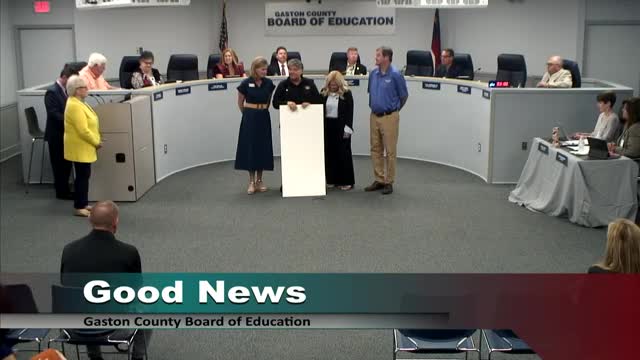
Tyndall Subaru donates $25,245 to Gaston County Education Foundation
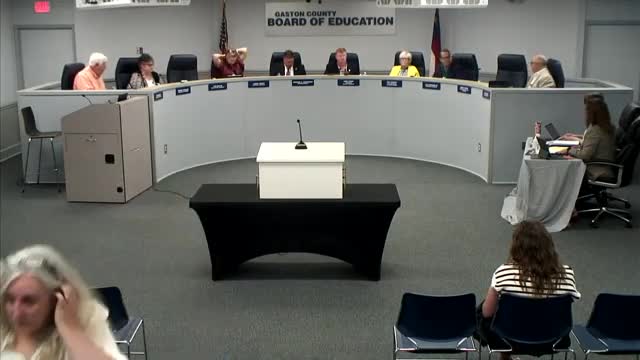
Board unanimously extends several principal contracts and announces multiple principal transfers
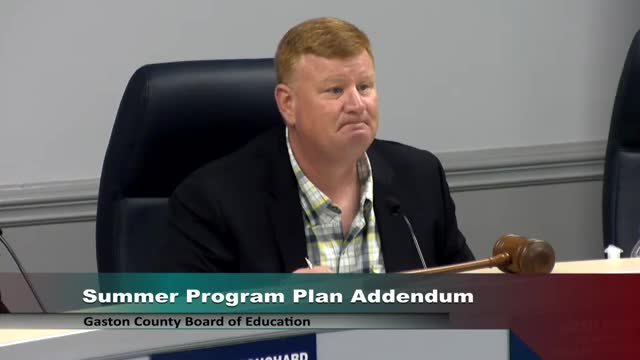
Board approves addendum allowing retests during school year as alternative to summer remediation
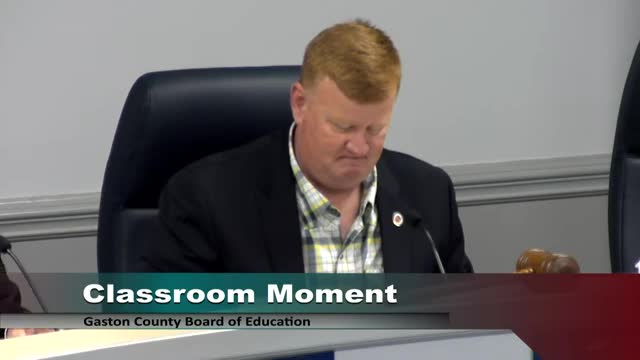
Gaston County Schools describes scope, capacity limits of NC Pre-K program
